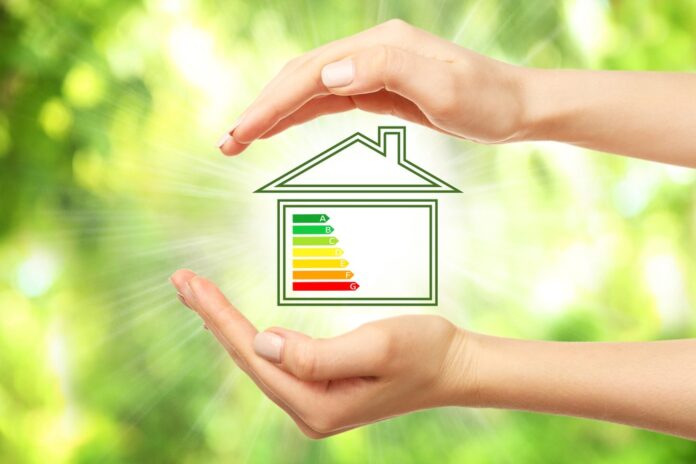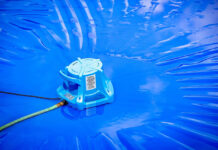A fully functional and efficient HVAC system in your space can complement your lifestyle and operations. Of course, you would look for powerful mechanisms that can enhance the energy efficiency of these systems. In the end, you would try to stick to economic solutions while regulating the environmental conditions in the interiors.
In this article, we would discuss specific tips to enhance the energy efficiency of your HVAC system. With these guidelines, you would be shelling out lower amounts in the long run. Visit this page to know more about professional HVAC services.
Through effective maintenance and operations of your AC, you can manage your ventilation and heating systems. Check out these strategies that can help you cut down power consumption while optimizing the HVAC systems.
Tips To Enhance The Energy Efficiency Of Your HVAC System
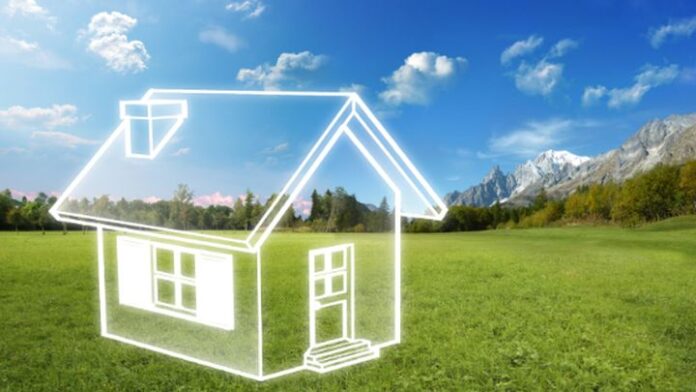
Here are some tips that can help you significantly reduce the functional efficiency of your AC.
1. Be Accurate With The Default Temperature
At the outset, you need to be watchful about the default temperature. In certain ACs, this is set to 24°C by default. Increasing the temperature by one degree can help you save around 6% of electricity. Therefore, you can make out how much you can save by setting the default temperature. The energy bills would shoot up if you lower the temperature. This leads to pressure on the compressor, which causes the bills to soar.
Well, you can diminish the temperature anytime you need, even when you set the default temperature.
2. Save Electricity By Shutting Devices And Sealing Rooms

You would also have other heavy electronic devices in your room, such as computers, TV, and refrigerators. Before you put on the AC, make sure that these appliances are off. When the room cools down to a certain extent, you can simply switch them back. The reason is, heavy electronic appliances generate plenty of heat. This would make your HVAC system toil harder.
When you have your AC on, you would naturally shut your windows and doors. However, you also need to install proper sealants on the vents. This would prevent the colder air from leaving the room. Make sure to pull every curtain that would ward off the sun’s heat from entering the interiors.
3. Switch Your AC On And Off At The Proper Time
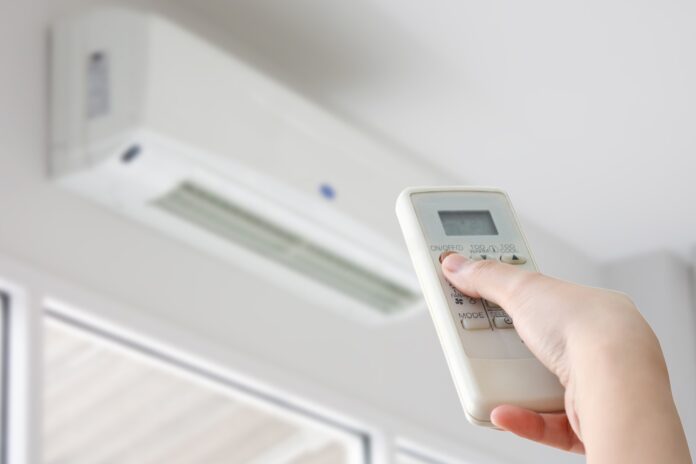
You may forget to switch off your AC at times and wake up shivering in the morning. This indicates that the AC had been working all night. This simply indicates a wastage of energy. Make sure to switch it off when you do not need it all night. Experts often recommend setting a timer, at which the AC is automatically put off. Also, you won’t need your AC at night if it runs throughout the day.
If you are someone who uses the AC regularly, consider giving it a break in between. This would save you a significant amount of energy, while the room would retain comfortable temperatures.
4. Combine Your AC And Ceiling Fan To Mitigate Energy Consumption
You need to have proper ventilation in your room to optimize your energy usage. The air should circulate to every corner. Therefore, you need to keep the AC running at a higher temperature while switching on your ceiling fan. This ensures that you need not set the temperature too low, which can consume more electricity.
To further enhance the energy efficiency, first, switch the fan on. Once the hot air is driven out, switch the AC on.
5. Ensure Proper AC Maintenance By Hiring Experts
Timely cleaning and maintaining your HVAC system optimizes it for its energy usage. Follow up with the experts for routine maintenance services. Keep a checklist ready so that you do not miss out on anything. The professionals would audit the size and capacity of your HVAC system since many contractors install oversized or undersized units.
With the wrong units operating, the energy efficiency decreases. The experts would recommend the right capacity and tonnage considering the exterior environmental conditions. To correct potential issues, they might advise you to install the necessary insulation or seal vents.
6. Variable Speed Equipment Works
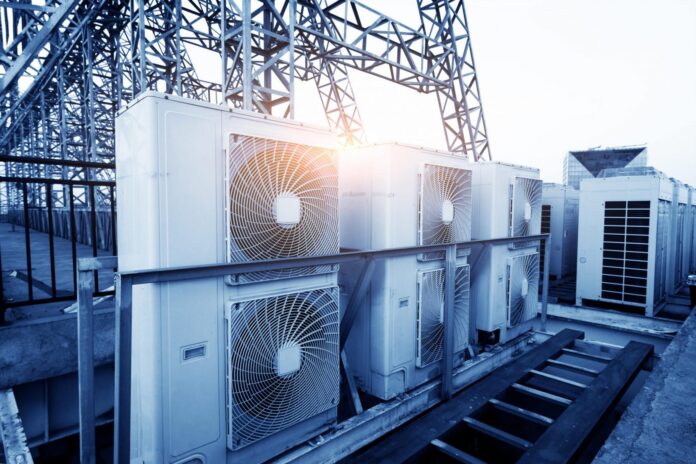
In modern HVAC systems, you have multiple cooling and heating mechanisms with alternative speeds for blowers, fans, motors, etc. The reputed manufacturers integrate these features with variable speed into the appliances. This is done to enhance the efficiency of the ACs in terms of functionalism and power usage.
You can attain power efficiency by preventing the fans, motors, and other operational parts from working at their maximum possible speeds. By enabling the variable speed features, you can control the equipment and meet the demands for heating and cooling accordingly.
7. Make Adjustments For Seasonal Change
It is possible to conserve energy by adjusting the settings in your AC according to seasonal requirements. For instance, experts recommend increasing the AC’s chiller water supply to a certain level for achieving the necessary temperature.
It largely depends on your system’s configuration, and you can follow the manufacturer’s guidelines while controlling the cooling water temperature. With this mechanism, you can ease up the stress of the compressor. While you make these modest changes in the settings, you can make significant energy savings.
Endnote
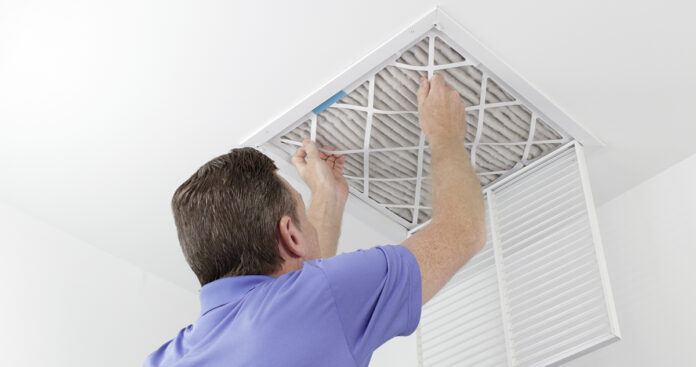
From time to time, you need to change the air filters. This calls for a professional hand, as the experts also inspect your AC for other shortcomings during routine maintenance. Of course, if you have an AC more than ten years old, you need to upgrade certain parts. It is advisable to go for specialized services in these cases.
Try to insulate your interiors as much as possible. This would reduce heat loss and lead to better energy optimization. When you reach out to the professionals, the expert team will guide you in this regard. This can help you further save energy and cut down the bills. By following the tips mentioned above, you can keep your HVAC system in proper functional condition.
